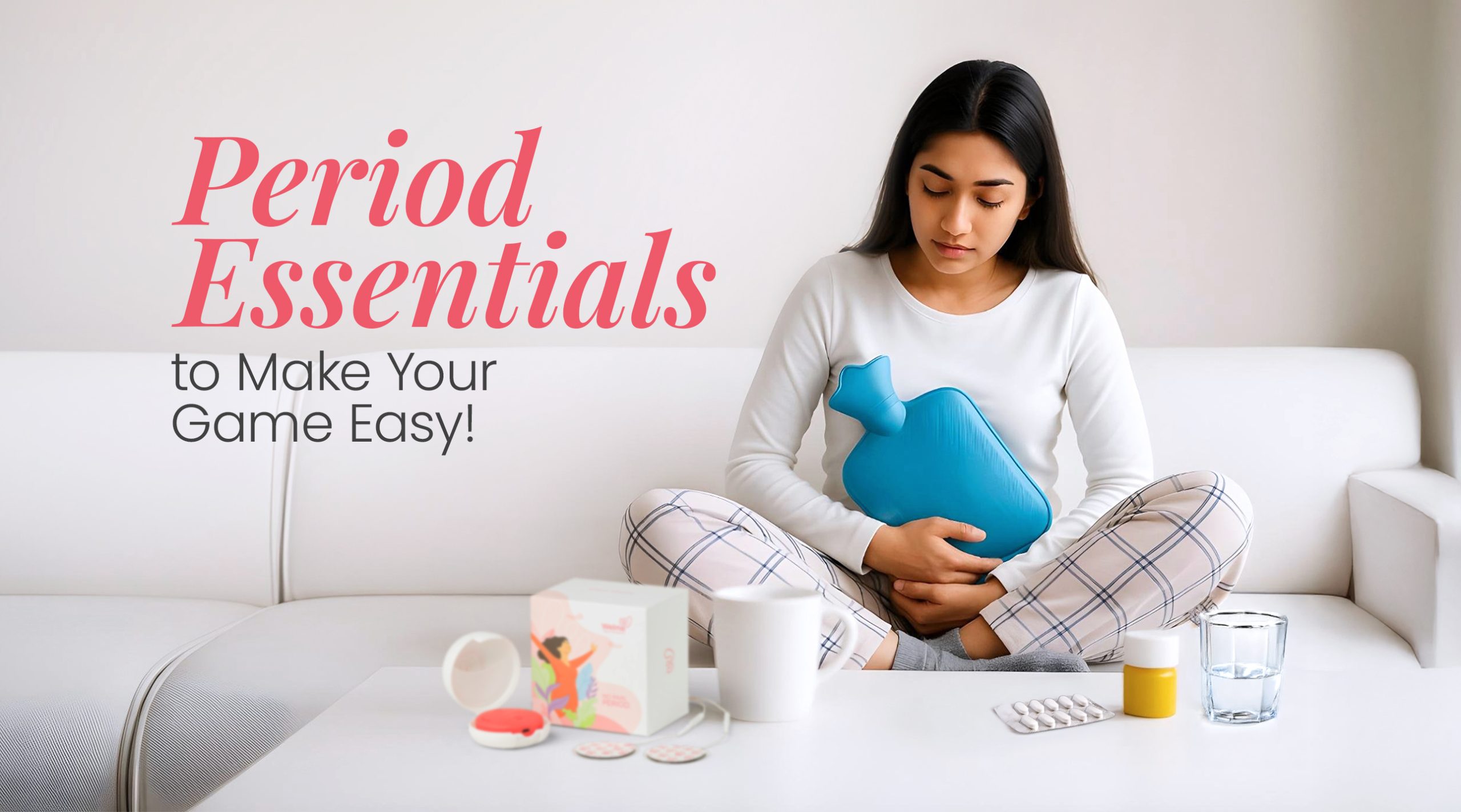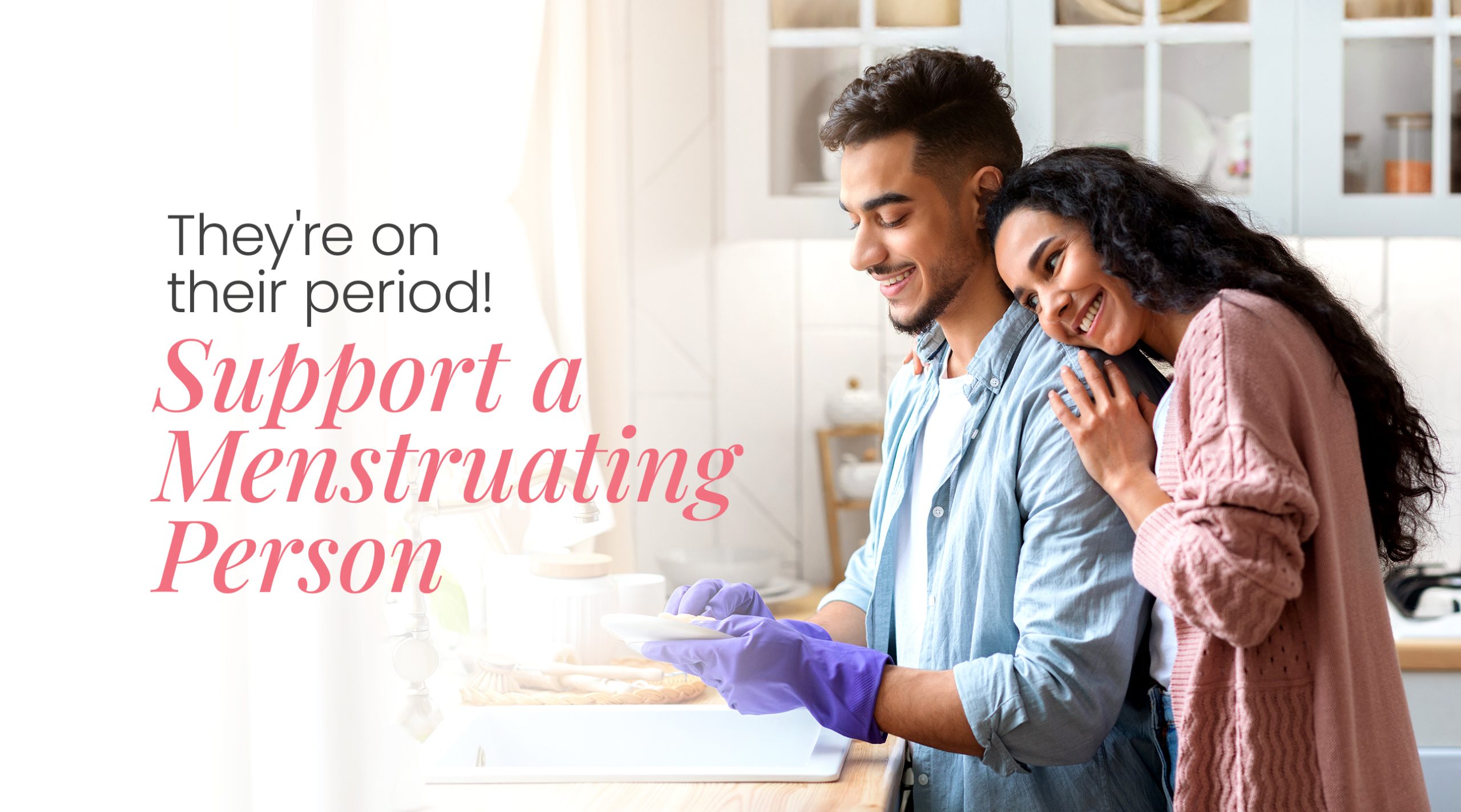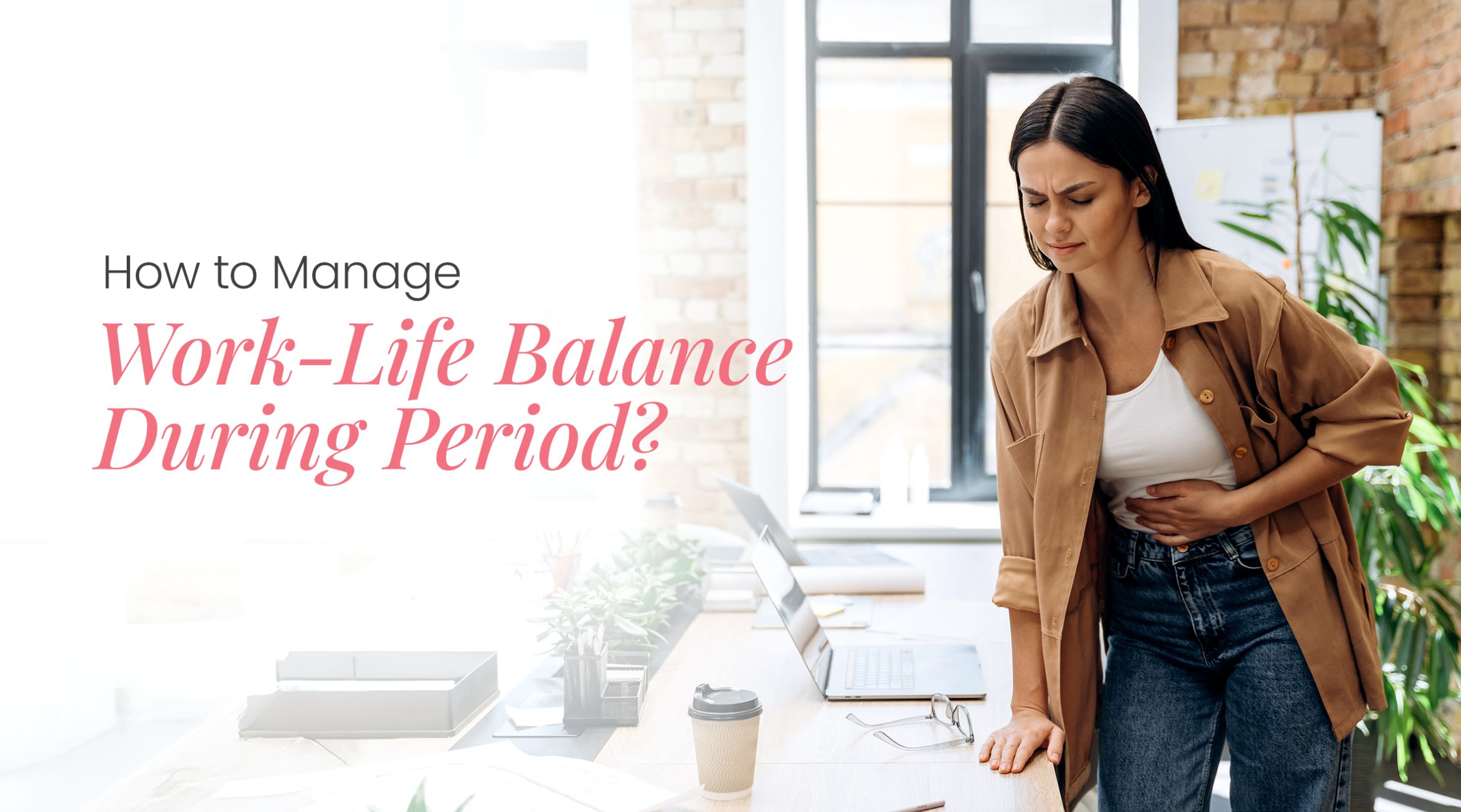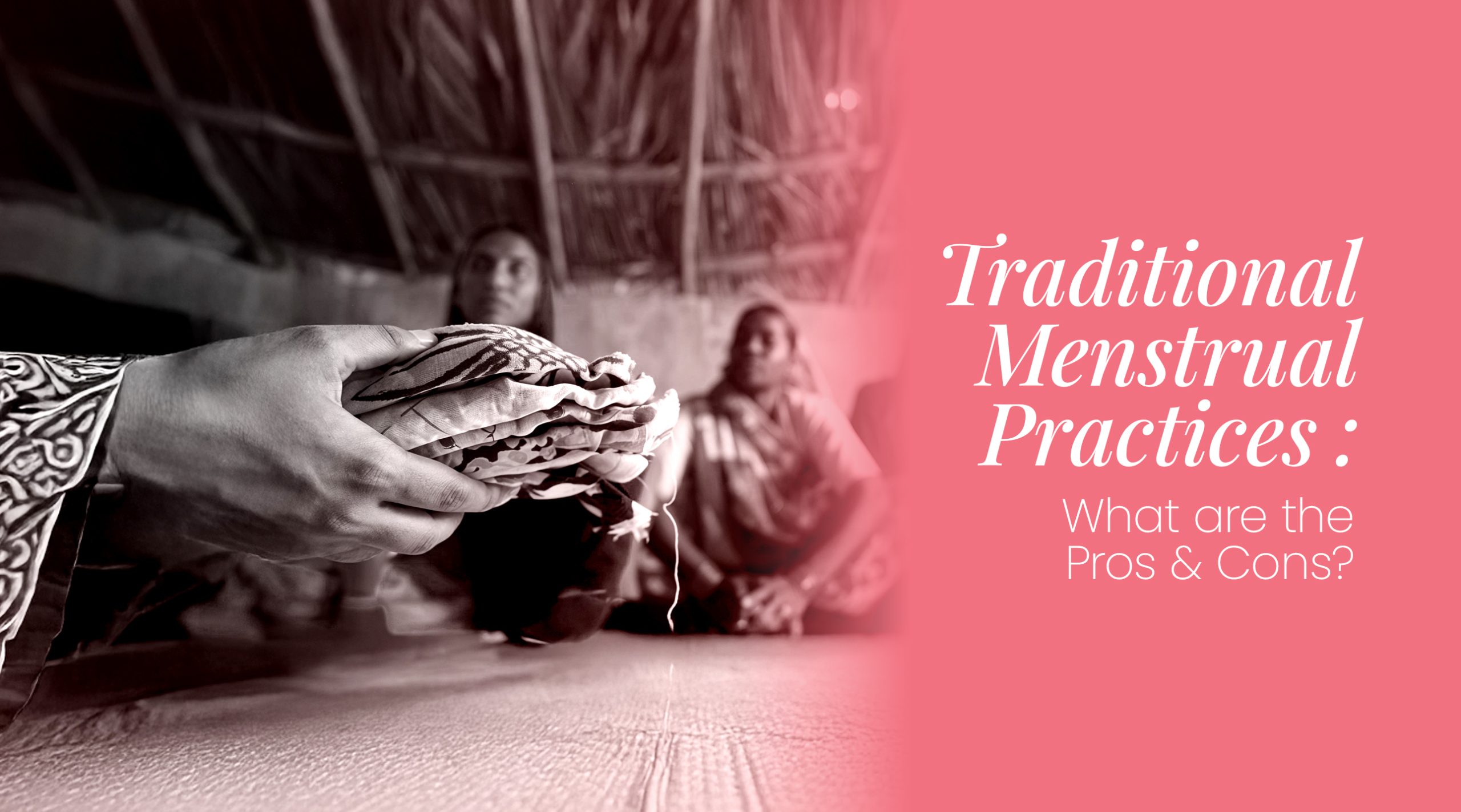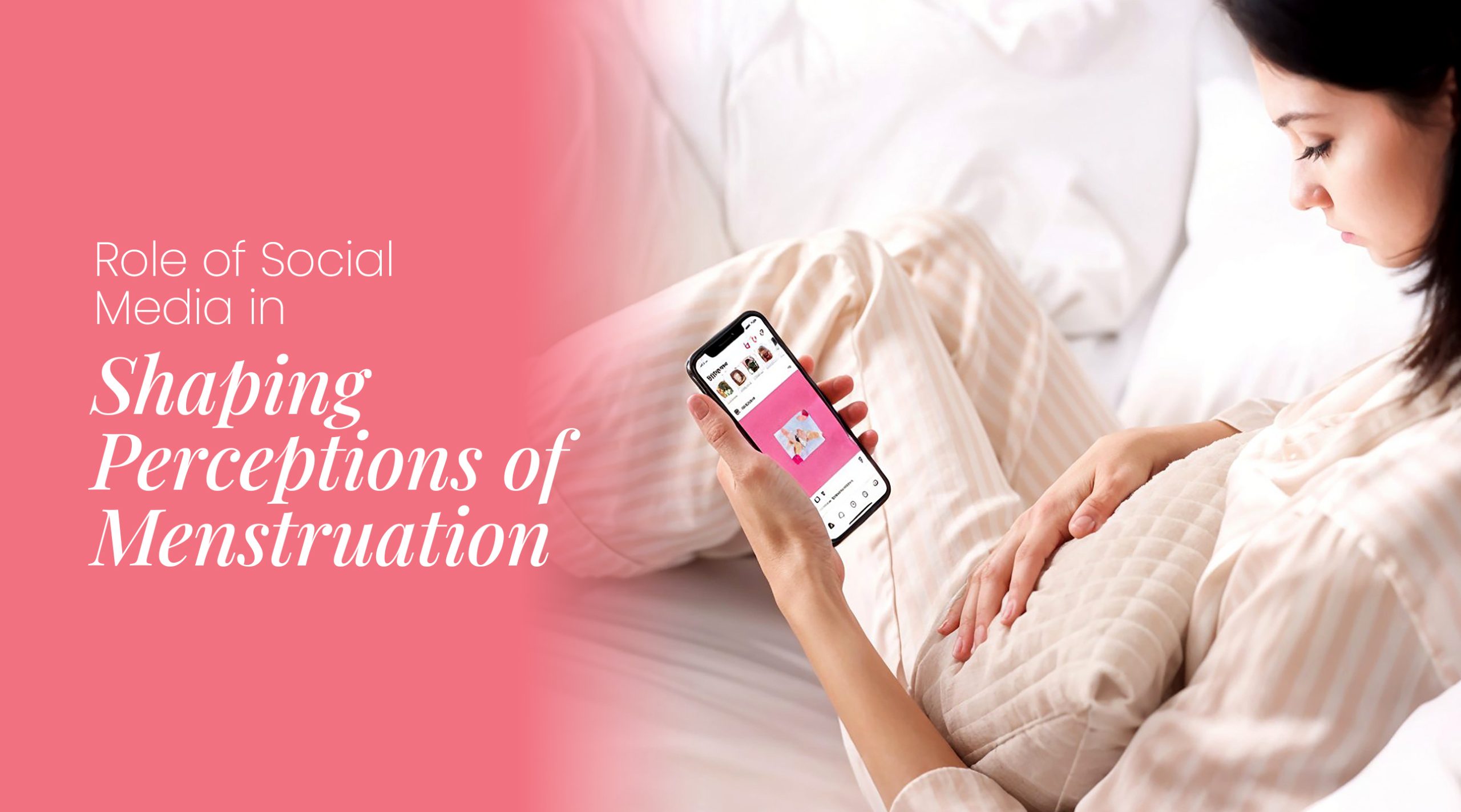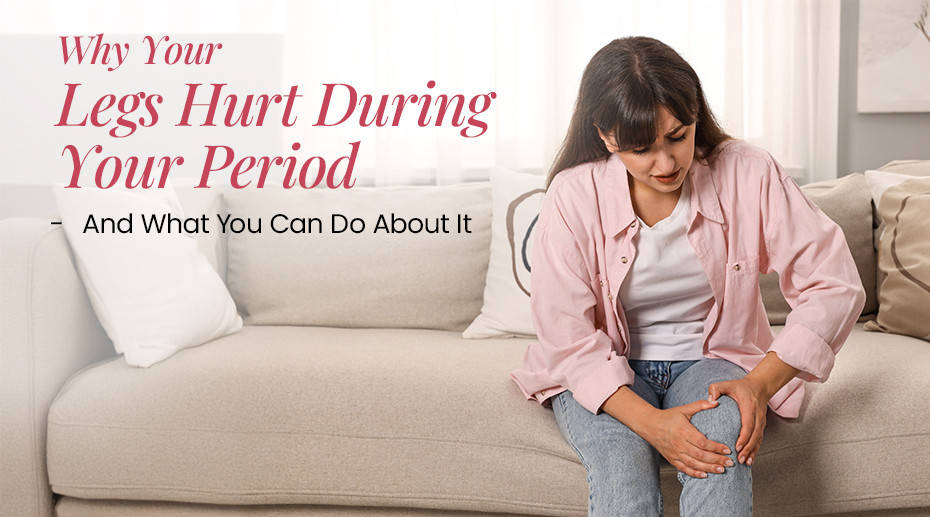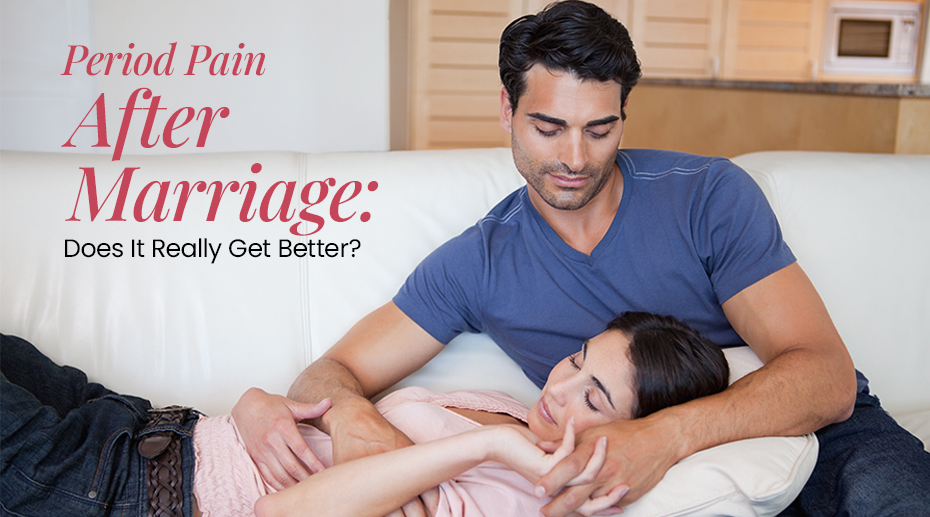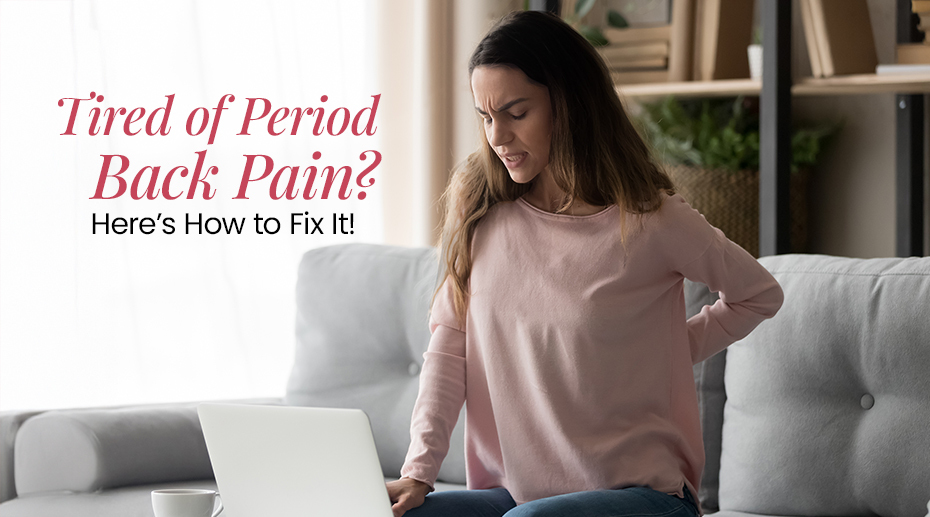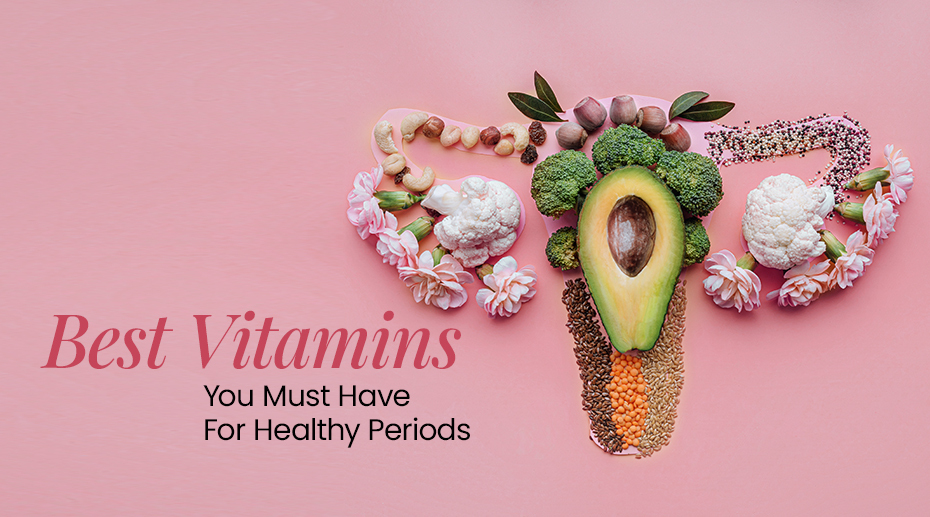
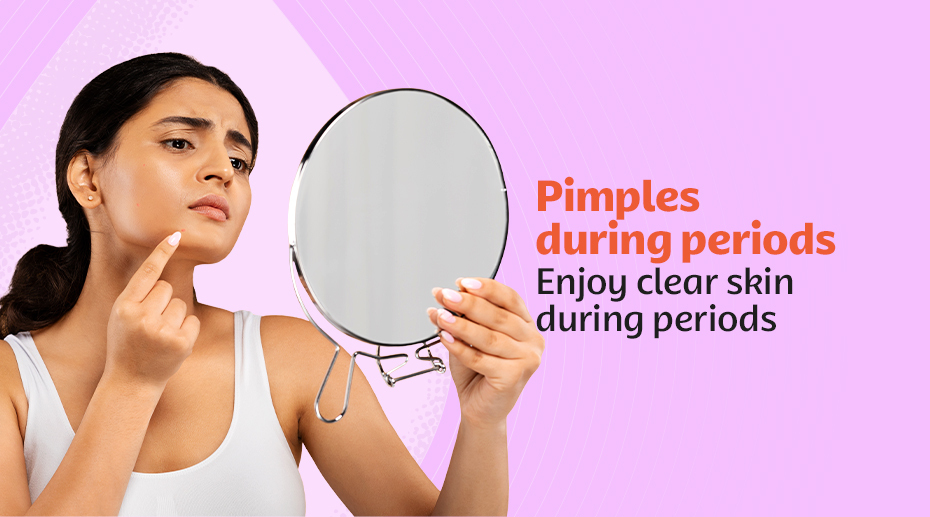
Why Acne Flares Up During Menstruation?
What is it that you hate during your periods? You must be thinking that we are talking about cramps, bloating, or mood swings. Well, pimples during periods are the true heartaches. It all depends on the hormones that regulate your menstrual cycle. Your hormone levels fluctuate greatly over the roughly 28-day period.
The main hormone at work throughout the first part of your cycle is estrogen. Progesterone takes control in the latter half. These hormone levels begin to decline about one to two weeks before your menstruation begins. This hormonal shift might cause flare-ups of acne.
Your skin produces more sebum, an oil when its levels of progesterone and estrogen decline. Period pimples might result from this extra oil clogging your pores. More constant is another hormone called testosterone, which women have at lower levels. Acne during periods worsens when the relative rise in testosterone causes oil production to increase even more when estrogen and progesterone decline.
Acne During and After Periods
Let’s see the rollercoaster that your skin goes through during different stages of menstrual cycle:
Day 1-6: The Rough Start (Menstrual Phase)
Your skin is thus saying, “Hey, let’s begin this cycle with a bang!” right now. It’s the hard beginning, similar to when you’re just getting things going on a rollercoaster at its bottom. When hormones are at work, period acne sometimes chooses to show up.
Day 7-11 Glow Up Days (Follicular Phase)
Like the instant everything becomes brighter as you reach the peak of the roller coaster. Your skin is glowing and appearing brand-new since estrogen is starting to take effect and slow down oil production.
Day 12-16 Peak Beauty (Ovulation Phase)
At its best, your skin looks like it belongs on the catwalk. Still in charge, estrogen prevents those outbreaks. With the wind in your hair, you feel as if you are on top of the world, on that rollercoaster.
Day 17-24 Oil Alert (Luteal Phase)
Uh-oh, here comes the oil alert! It’s similar to that part of the roller coaster when you feel the pressure increasing as you go higher. Acne begins to resurface when your pores are feeling squeezed.
Day 25-28 The Acne Storm (Premenstrual Phase)
Your skin is caught in the midst of the hormones. It’s the wild section of the roller coaster when twists and turns are coming at you from all directions. Feeling like you’re riding out a storm, your skin might seem more sensitive, and those period pimples decide to be the host on your face.
What kinds of Acne can Occur During Periods?

Period pimples are not like other pimples; they belong in their own right, coming in diverse sizes and forms. Here’s the rundown:
Comedonal acne
These are the typical black and whiteheads you get when your menstruation causes blocked pores.
Blackheads
Stubborn spots brought on by dead skin cells and too many oil-blocking pores; they are often more common during menstruation because of increased oil production.
Pustules
During your menstrual cycle, bacteria and hormonal changes increase red, irritated pimples packed with pus.
Whiteheads
They are little, yellowish, or white-headed pimples that develop during hormonal changes when pores are blocked with dead skin cells and oil.
Nodules
Large, painful lumps deep under the skin called nodules are caused by inflammation and hormonal changes during menstruation.
Cystic acne
Hormonal fluctuations throughout your menstrual cycle lead to deep, inflammatory lesions that can be very unpleasant and leave scars.
Medical Treatments for Period Acne
Dealing with acne during periods can be a real problem, but there are numerous medical treatments available that can help manage and prevent period acne effectively. Here are a few choices you have.
Retinoids
- What they are: This is a description of retinoids, which are a class of topical anti-acne medications derived from vitamin A.
- How they work: Retinoids encourage cell turnover and prevent hair follicles from being blocked, which helps lessen the occurrence of pimples during periods. They also aid in providing skin texture improvement and lower irritation.
Oral Contraceptives
- What they are: Progestin and estrogen combined into birth control tablets.
- How they help: By balancing hormone levels, oral contraceptives lower the androgen levels that fuel acne. This stabilizes hormone swings, which help avoid acne before your period.
Anti-Androgen Drugs
- What they are: Medications that decrease the skin-clogging effects of androgens (male hormones).
- How they help: Anti-androgen medications like spironolactone inhibit androgen receptors in the skin, they can lower oil production and reduce the severity of acne during breakouts.
Cyclic Antibiotics
- What they are: Generally low-dose, cyclical antibiotics.
- How they help: During menstruation, antibiotics can reduce inflammation and germs that lead to acne. Cycle them to reduce the chance of antibiotic resistance.
How to Prevent Acne Before Periods Naturally?
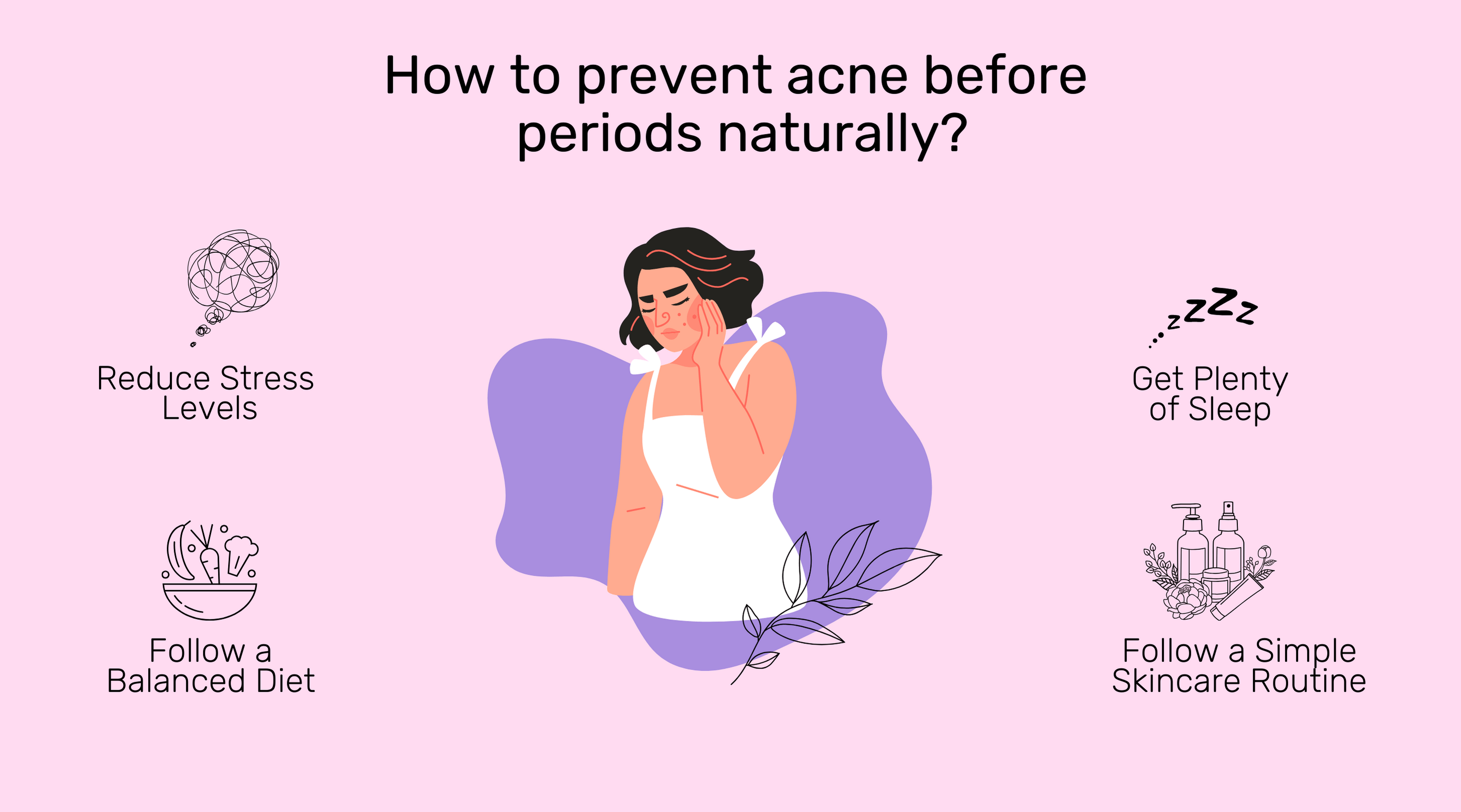
Though managing period acne is annoying, there are natural remedies to help prevent those irritating pimples. Here’s how to naturally avoid acne before your period:
Reduce Stress Levels
The reason it matters: Hormonal changes triggered by stress can worsen acne during periods and even at the time of PMS before periods. Breakouts and plugged pores result from the stress hormone cortisol increasing oil production.
How to do it?
- Take up relaxation techniques: To reduce stress, try yoga, meditation, or deep breathing exercises.
- Keep moving: Stress can be lowered and general well-being improved with regular exercise.
- Have pauses. Make sure you take time to relax by yourself, away from work or everyday demands.
Get Plenty of Sleep
The reason it matters: Skin health depends on sleep. Your body recreates and heals skin cells as you sleep. Inadequate sleep increases stress and hormone problems, which cause acne.
How to do it?
- Maintain Regular Sleep Schedule: Aim for seven to nine hours of sleep each night and attempt to go to bed and get up at the same time each day.
- Arrange a peaceful setting: Make sure your bedroom is quiet, dark, and chilly. When in doubt, think about donning an eye mask or earplugs.
- Limit screen use: To decrease blue light exposure, that can disrupt your sleep cycle, stay away from screens at least an hour before bed.
Follow a Balanced Diet
The reason it matters: A big influence on your skin might come from what you consume. Acne can also result from an inflammatory and oil-producing diet heavy in processed foods and refined carbohydrates.
How to do it?
- Eat more fruits and vegetables: They are high in vitamins and antioxidants that help maintain good skin.
- Include whole grains: To help control blood sugar and lower inflammation, choose whole grains over processed ones.
- Add in good fats: Fish, flaxseeds, and walnuts are good sources of omega-3 fatty acids, which can reduce inflammation and improve skin health.
- Stay Hydrated: Drink plenty of water all day long to flush out toxins and maintain moisturized skin.
Follow a Simple Skincare Routine
The reason why skincare during periods matters: Acne outbreaks can be avoided and your skin kept clean with a regular, mild skincare regimen.
How to do it?
- Cleanse: Makeup, dirt, and oil should be removed from your face twice a day using a mild, non-comedogenic cleanser in the morning and before bed.
- Moisturize: To keep your skin nourished without blocking pores, use a mild, oil-free moisturizer.
- Exfoliate: Gently exfoliate to get rid of dead skin cells and avoid blocked pores once or twice a week.
Conclusion
Pimples during periods can be so much trouble, particularly when they fall on social events. Your plans appear to be unimportant to period pimples, and managing such unforeseen outbursts is annoying. Fortunately, lowering stress, getting plenty of sleep, eating a balanced diet, and sticking to a basic skincare during periods to avoid acne before your menstrual cycle.
If, however, you think that you need more than simply acne treatments, you can also choose to think about relieving any pain with a period pain reliever. Your monthly cycle might be somewhat more controllable and less stressful if you look after your skin and general health.
Know More About Relation Between Pimples and Periods
Is it normal to have pimples during periods?
Yes. Estrogen and progesterone levels fall just before your menstruation. Your skin is lubricated by sebum, an oily material produced by your sebaceous glands, which this might cause to increase. Overdoing it might lead to breakouts and blocked pores.
How many days does period acne last?
Usually starting seven to ten days before a woman’s menstruation, period pimples go away as soon as bleeding starts.
Does period acne leave scars?
Indeed, scars can come from period pimples, particularly from severe or improperly treated cases. Menstrual cycle hormonal changes cause more severe and inflammatory forms of acne, like cystic acne, which is more prone to leave scars.
How to avoid pimples during periods?
Scarring and inflammation can result from plucking or squeezing acne blemishes. Using yoga, meditation, or deep breathing as relaxation methods, to control stress. Think about birth control options that can reduce acne and help manage hormone levels.
How does hormonal acne look?
Breakouts from hormonal acne occur. These show up as skin lesions or lumps that, if untreated, can get red, swollen, painful, and sore. Untreated moderate to severe acne can result in scars where lesions first appear.

